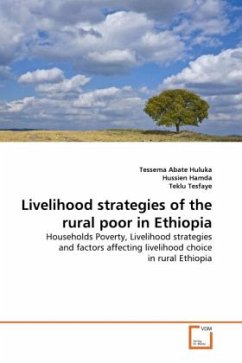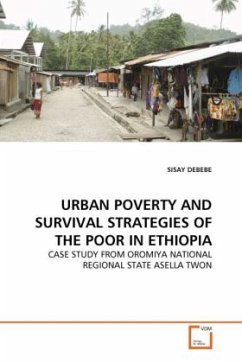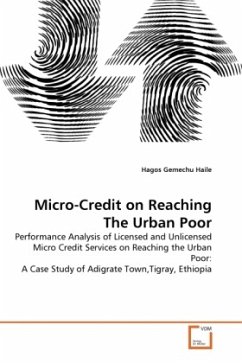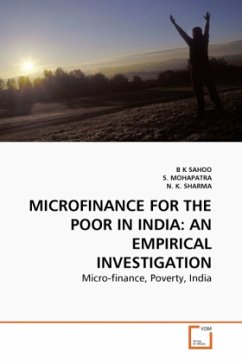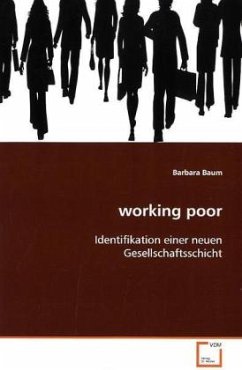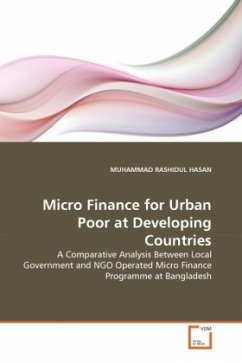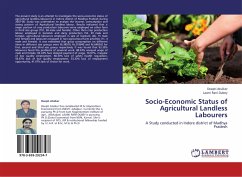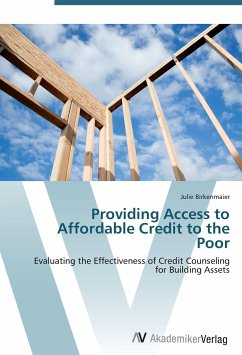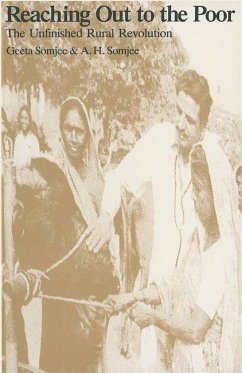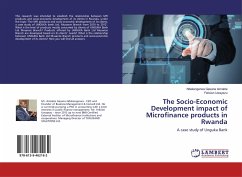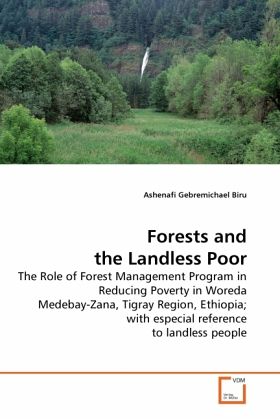
Forests and the Landless Poor
The Role of Forest Management Program in Reducing Poverty in Woreda Medebay-Zana, Tigray Region, Ethiopia; with especial reference to landless people
Versandkostenfrei!
Versandfertig in 6-10 Tagen
39,99 €
inkl. MwSt.

PAYBACK Punkte
20 °P sammeln!
Ethiopia is considered to be one of the developing countries where agriculture had always played a central role in the country's economy. Although, agriculture is the back bone of Ethiopian economy, the sector is characterized by traditional farming practice and low productivity. Forests play an important role in the livelihoods of rural people as a subsistence safety net, and as a source of cash income, a capital asset, and a source of employment. Efforts put towards forest management practices in order to generate social and economic benefits in addition to their ecological importance; seems...
Ethiopia is considered to be one of the developing countries where agriculture had always played a central role in the country's economy. Although, agriculture is the back bone of Ethiopian economy, the sector is characterized by traditional farming practice and low productivity. Forests play an important role in the livelihoods of rural people as a subsistence safety net, and as a source of cash income, a capital asset, and a source of employment. Efforts put towards forest management practices in order to generate social and economic benefits in addition to their ecological importance; seems to have encouraging impact in reducing poverty and attain sustainable development. This study has tried to assess the contribution of forest management program in reducing poverty in woreda Medbay Zana, Northern West of Tigray Zone, Ethiopia. Result of the study showed that the participation behavior of landless households in forest management program is influenced by economic, institutional, physical and attitudinal factors. Matching results indicate that the Forest Management Program significantly reduces the level of poverty.



